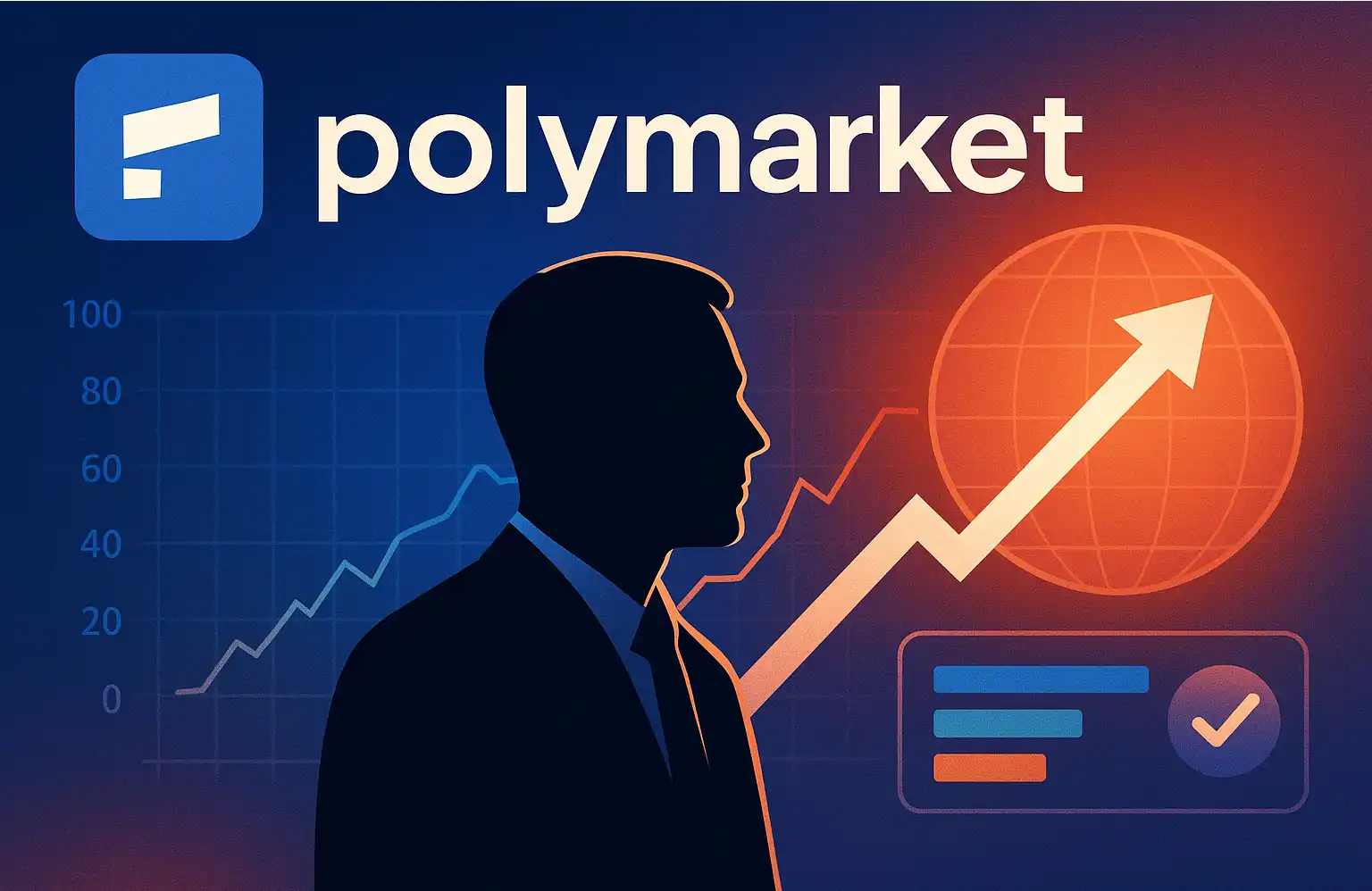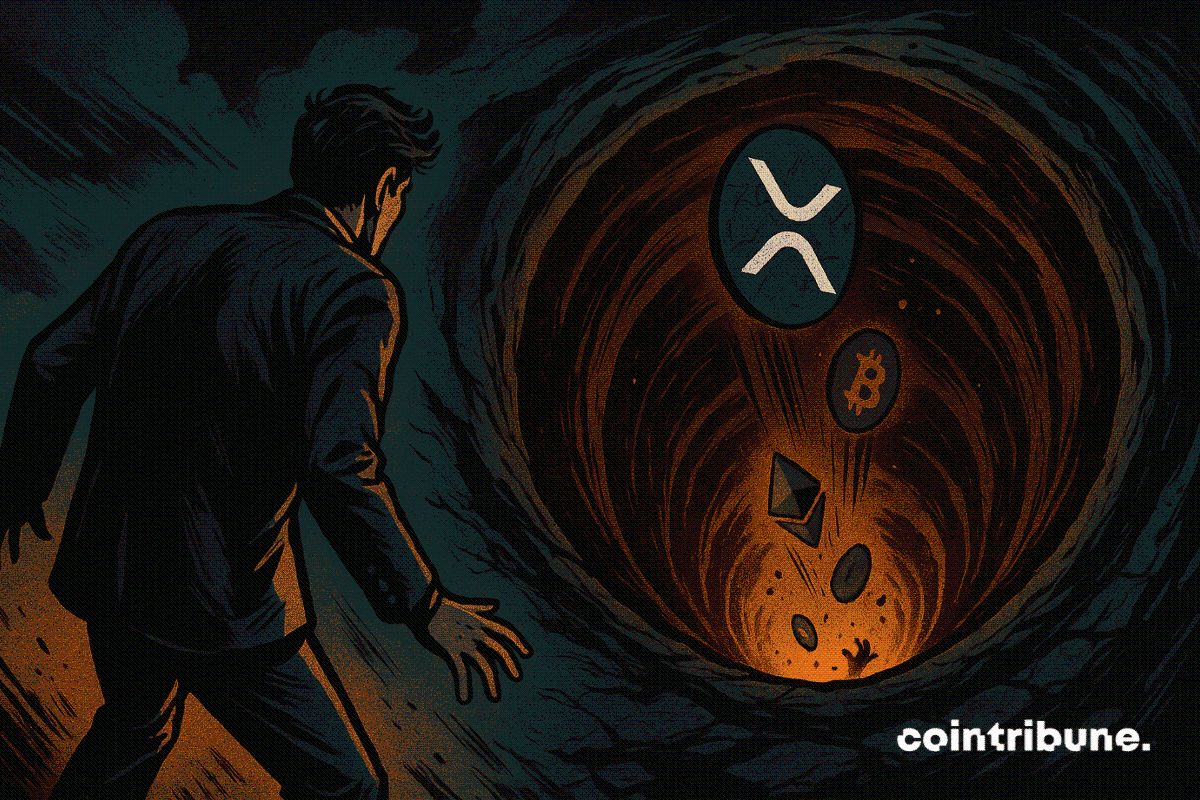Developer Liability in Blockchain: How Tornado Cash’s Legal Saga Reshapes Innovation and Investor Strategy
- Tornado Cash's legal case redefines blockchain accountability, highlighting tensions between decentralized tech and regulatory oversight. - Fifth Circuit rejected OFAC's authority over immutable smart contracts, while Trump administration lifted sanctions on Tornado Cash. - DOJ shifted to intent-based enforcement, creating safer harbor for "truly decentralized" protocols while penalizing privacy-only models. - Investors now prioritize compliance-first protocols with AML tools, as cross-chain collaboratio
The Tornado Cash legal case has become a watershed moment for blockchain innovation, exposing the fragile line between technological progress and regulatory scrutiny. Roman Storm’s partial conviction for conspiring to operate an unlicensed money transmitting business—while deadlocked on more severe charges—has forced investors, developers, and policymakers to grapple with a critical question: Can decentralized protocols be held accountable for the actions of their users? The answer, as the courts and markets now show, is far from clear-cut.
The Legal Tightrope: Liability in a Decentralized World
The U.S. Department of Justice (DOJ) argued that Tornado Cash’s smart contracts facilitated over $7 billion in illicit transactions, including those by North Korea’s Lazarus Group [1]. However, the Fifth Circuit’s 2024 ruling rejected OFAC’s authority to sanction immutable smart contracts, stating they lack ownership and control under the International Emergency Economic Powers Act (IEEPA) [3]. This legal ambiguity was further compounded by the Trump administration’s 2025 decision to lift sanctions on Tornado Cash, acknowledging its legitimate use cases for privacy and data protection [5].
The mixed verdict in Storm’s trial underscores a pivotal shift: Regulators are now prioritizing intent over technical design. The DOJ’s 2025 policy shift, which focuses on criminal intent rather than mere development of tools that could be misused, has created a safer harbor for developers of “truly decentralized” protocols [2]. This marks a departure from earlier enforcement actions that treated open-source code as inherently culpable.
Investor Strategy: Compliance-First or Privacy-First?
For investors, the Tornado Cash saga has rewritten the playbook. The case has accelerated a trend toward compliance-first protocols, where projects integrate zero-knowledge proofs, AI-driven AML tools, and governance mechanisms to preempt regulatory risks [4]. Institutional capital is now flowing to platforms that balance privacy with accountability, such as Valour’s exchange-traded products (ETPs), which saw a 23% surge in assets under management in Q2 2025 [5].
Conversely, projects that ignore compliance are facing a reckoning. The $650M OmegaPro scam, which exploited platforms lacking KYC/AML safeguards, has made investors hyper-aware of the risks of “privacy-only” models [4]. Cross-chain collaboration has emerged as a key hedging tactic, with ecosystems like Ethereum and Solana pooling resources to defend developers and share compliance costs [1].
The Road Ahead: Innovation vs. Overreach
The Tornado Cash case also signals a broader regulatory recalibration. The DOJ’s intent-based enforcement model, coupled with the potential enactment of the CLARITY Act—a proposed law offering a three-year safe harbor for decentralized projects—could stabilize the market [5]. However, developers must remain vigilant: Storm’s partial conviction demonstrates that even non-custodial protocols can face liability if prosecutors argue they knowingly enabled illicit activity [3].
For investors, the lesson is clear: Due diligence must now include legal risk assessments. Projects that can demonstrate good-faith efforts to prevent misuse—through transparent governance, AI-driven monitoring, or cross-chain partnerships—will outperform those that rely solely on technological neutrality [4].
Conclusion: A New Era of Risk and Reward
The Tornado Cash case has forced the blockchain industry to confront a reality: Regulation is inevitable, but innovation need not be stifled. By aligning with intent-based enforcement and compliance-first strategies, developers and investors can navigate this new landscape. The DeFi market’s projected 49% CAGR through 2031 [4] suggests that those who adapt will thrive.
As the legal dust settles, one thing is certain: The future of decentralized tech will be defined not by the absence of regulation, but by the ability to innovate within its boundaries.
Source:[1] Mayer Brown, The Tornado Cash Trial's Mixed Verdict: Implications for Developer Liability (August 2025)[2] Forklog, US Revises Stance on DeFi Following Tornado Cash Case (2025)[3] Money Laundering News, Fifth Circuit Rejects OFAC Designation of Tornado Cash (December 2024)[4] AInvest, Regulatory Risk Mitigation in DeFi (2025)[5] Venable, Treasury Lifts Sanctions on Tornado Cash (April 2025)
Disclaimer: The content of this article solely reflects the author's opinion and does not represent the platform in any capacity. This article is not intended to serve as a reference for making investment decisions.
You may also like
Google executive makes millions of dollars overnight through insider trading
Insider addresses manipulated Google's algorithm by referencing prediction market odds.

Stablecoins in 2025: You Are in Dream of the Red Chamber, I Am in Journey to the West
But in the end, we may all arrive at the same destination through different paths.

XRP’s Extreme Fear Level Mirrors Past 22 % Rally

Critical Bitcoin Bear Market Signal: 100-1,000 BTC Wallet Buying Slows Dramatically